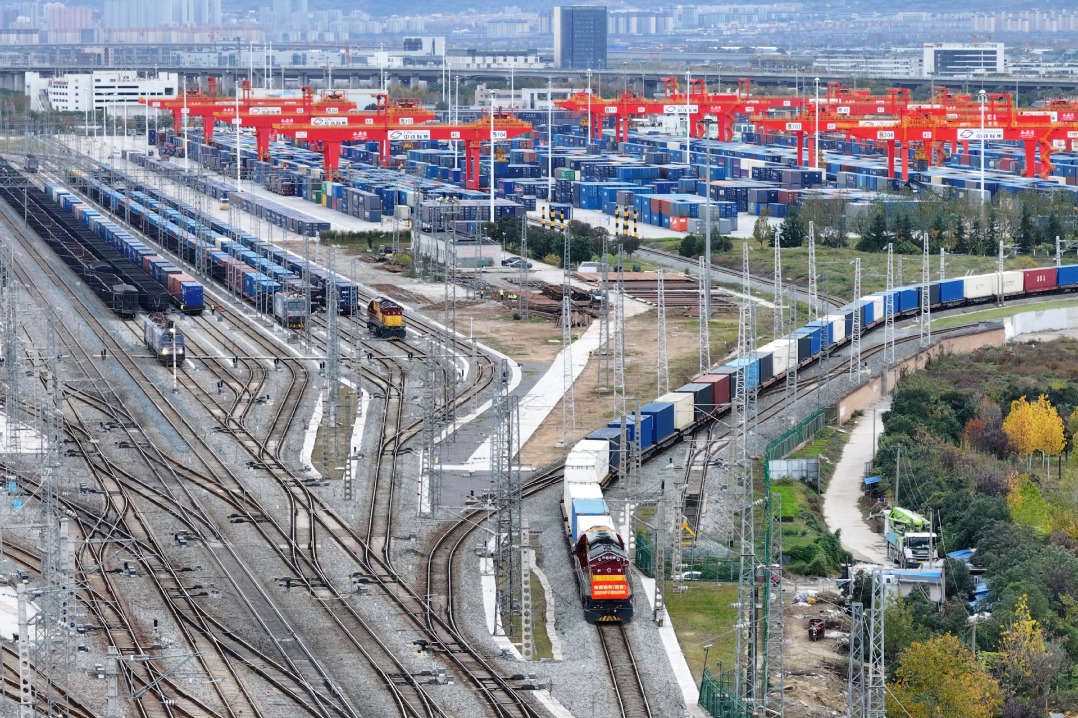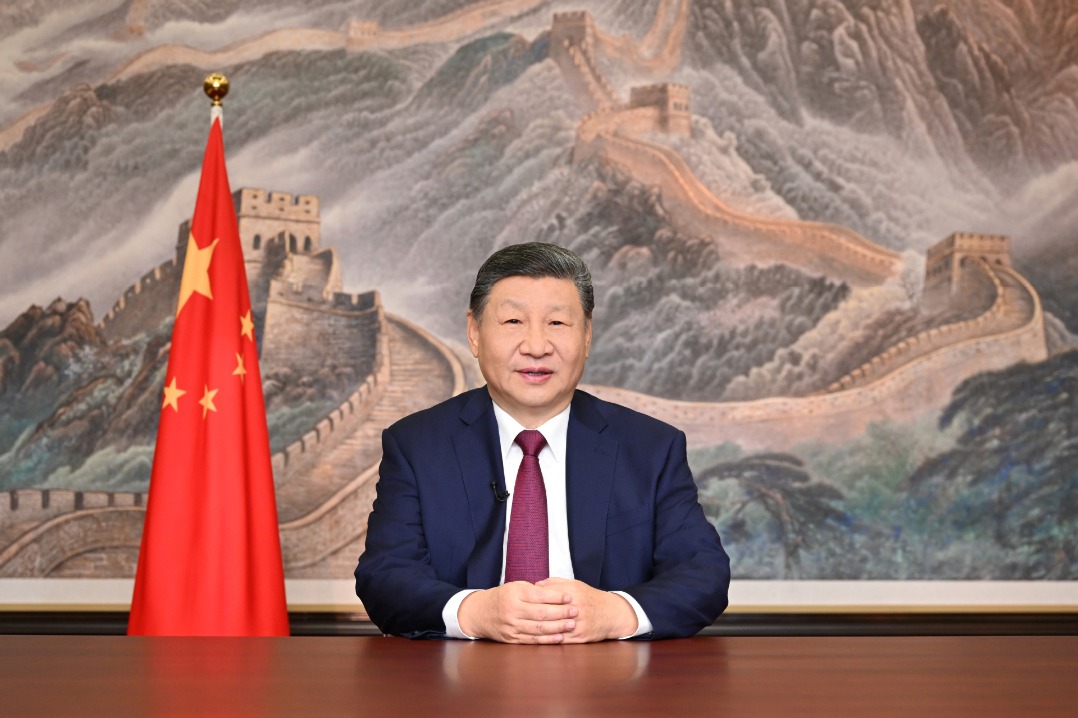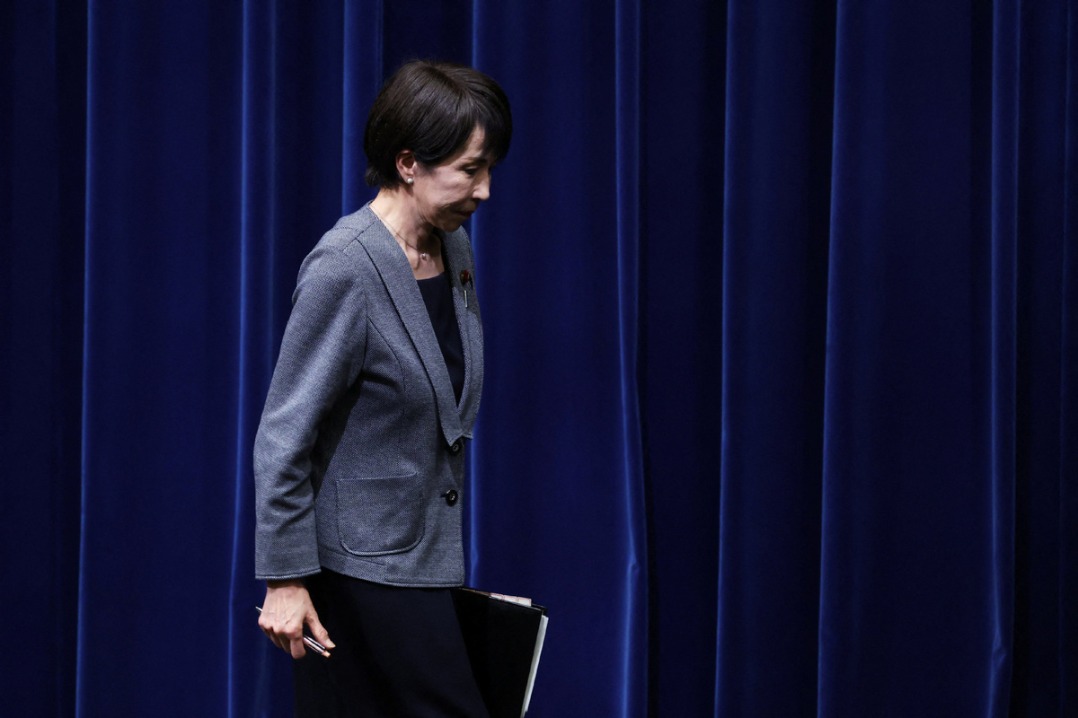Worries about China's reform unwarranted


China's uneven recovery this year has raised the question of whether the Chinese economy is losing steam. Many observers believe that a lack of reform is one of the key reasons for the country's sluggish recovery. The geopolitical tension between China and the United States has only aggravated the situation, with international investors worrying whether China will continue to open up to the outside world. However, neither of these concerns is warranted if one scrutinizes what is happening in China.
China's uneven recovery is a short-term phenomenon related to policy choices. In the first half of this year, the government refrained from taking progressive measures to stimulate the economy. Since July, however, the government has geared up its fiscal measures. Most noticeably, restrictions on home purchases have been lifted or reduced, and lending has been resumed for qualified developers; the central government issued new debts of 1 trillion yuan ($140 billion) for local fiscal spending and allocated local governments 1.5 trillion yuan of government bonds to swap for their short-term commercial debts; and 2.7 trillion yuan of government bonds scheduled for the next year have been moved forward to this year. Those measures have paid off; the profitability of enterprises has greatly improved since August.
On the international front, Chinese policymakers have always sought to establish a peaceful and open international environment for the country's development, and the recent meeting of President Xi Jinping with US President Joe Biden has been a major effort by the world's two largest economies to moderate the tension between them.
Back home, the government has continued to roll out new policies to open the country to the outside world, its recent announcement of a unilateral visa-free policy for ordinary passport holders from six countries on a one-year trial basis being one example.
The decline of foreign direct investment this year has more to do with China's uneven recovery than with its policy toward FDI. A large part of the direct investment inflow into China is the reinvestment of earnings by foreign companies that are already operating in China. They behave more like China's domestic private companies. But private investment has declined this year, so it is not surprising to find that FDI in the country has also declined. There is sufficient reason to believe that with the recovery of the economy, private investment will grow again.
In the short run, the Chinese economy follows the pace of government policy. Much of the talk about China's economy wrongly attributes its short-term fluctuations to so-called "long-term structural problems", particularly the lack of reform. But China's economic institutions have already undergone thorough reform and now it is time for China to stabilize those institutions. In fact, what China needs to do is to reinforce the reform achievements by deepening the reforms, and that is exactly what it is doing.
Most of China's economic reforms were undertaken in the 1990s. Price reform was concluded in 1994 when the dual tracks of the exchange rate were unified. This reform sealed the end of economic planning. Enterprise reform was one of the toughest reforms. SOEs have been reserved for strategic sectors, while private economy booms in many other sectors and accounts for about 60 percent of China's GDP. Together with enterprise reform, the financial sector underwent a complete overhaul. Bad loans were either written off or swapped for equity, and banks were recapitalized. Accession to the World Trade Organization concluded the decade of reform and set China on the road to its economic boom in the 2000s.
The reforms in the 1990s laid the foundation for China's economic institutions today. This was why no major reforms have happened in the last 20 years. It is time for China to consolidate those historical reforms by perfecting these institutions so they can keep pace with economic developments over the next 20 years or longer.
Chinese socialism has brought tremendous economic success to the country; yet it is still in the making. SOEs are vital for the Chinese economy, but the private economy plays an increasingly important role, especially in creating jobs. At the level of wealth distribution, common prosperity will be a central pursuit over the coming decades. But how should common prosperity be pursued? Chinese policymakers are obliged to explore an answer to this question based on the realities of the country. With explorations to find the answer, people's expectations can be stabilized and their confidence in the Chinese economy bolstered.

The views don't necessarily represent those of China Daily.


































